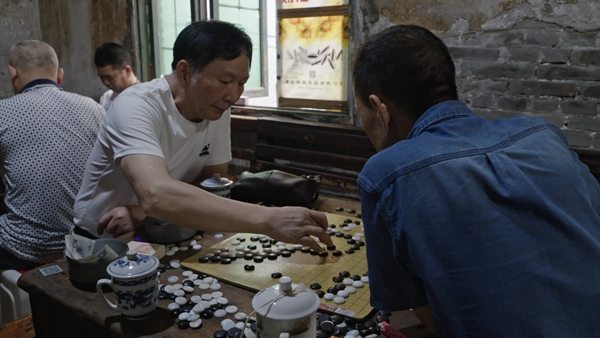Living in real time
By Fang Aiqing | China Daily | Updated: 2020-02-07 07:52

This is typically how 72 Hours China condenses ordinary people's experiences and feelings toward life.
The interviewees relate their stories in a frank manner.
For example, one mother in her 40s visits mini karaoke booths in Beijing's shopping malls once a month after work to get away from it all and put the stresses of work and parenthood behind her for a couple of hours.
The series also looks at those who work unsocial hours and how they relax.
The nighttime commuters from all walks of life, such as workers at restaurants or bars, mingle with each other on Beijing's night buses before the sunrise heralds a new day.
And the paid study rooms in Hefei are crowded by adults who, not feeling secure with their careers, study for examinations to pursue better job opportunities.
According to Zhang, some of the filming locations were recommended by their audience while others were chosen based on careful field research.
The production team looked at Shenyang to highlight the long-established bathing culture in Northeast China after their research found that the 8 million Shenyang residents spent about 1.8 billion yuan ($258 million) on bathing in 2010.
The original edition of 72 Hours produced by Japan's public broadcaster NHK for more than a decade got 9.5 points out of 10 from 3,500 users on Chinese review site douban.com.
Working on the Chinese version, the production team from documentary laboratory DOClabs founded by documentary director Chen Xiaoqing, the creator of A Bite of China, got guidance from the Japanese team.
























